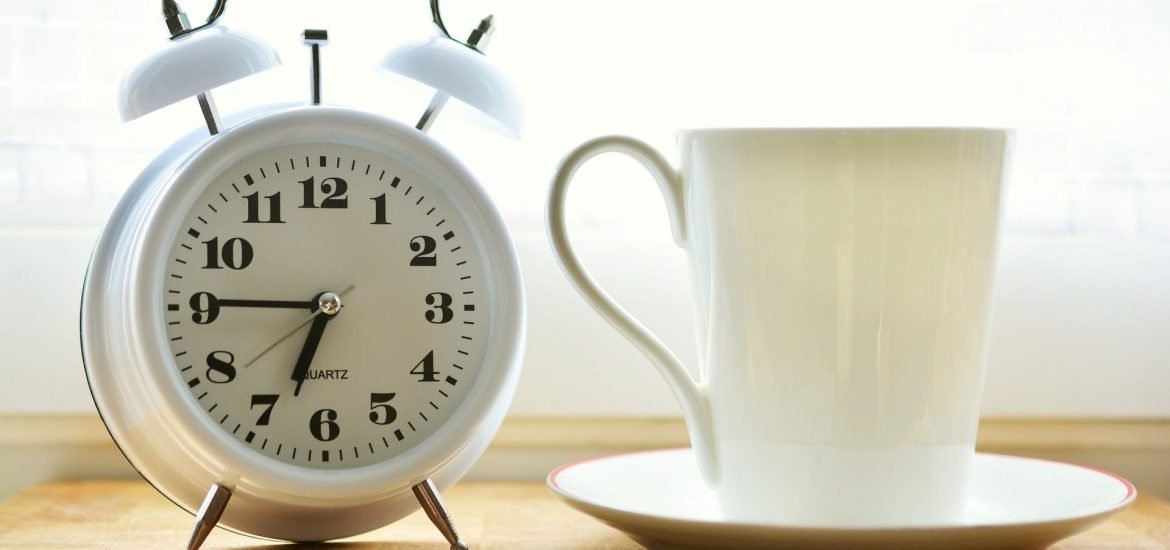
Night owls have a higher risk of premature death than people who prefer to go to bed and wake up earlier, according to a new study. People who have a tendency to stay up late and sleep in were also more likely to experience various health issues, including diabetes, psychological disorders and neurological disorders.
Published on Thursday in the journal Chronobiology International, the study was conducted by researchers at Northwestern University in the United States and the University of Surrey in the United Kingdom.
The team tracked nearly half a million adults in the UK ranging from 38 to 73-years-old for a period of six and a half years. They found individuals who self-identified as a “definite evening type” in a poll at the beginning of the study had a 10% higher risk of death than those who identified as a “moderate evening type,” a “moderate morning type,” or a “definite morning type.”
Even after adjusting for expected health problems in the evening types, such as metabolic and cardiac health risks, researchers found this group still had a higher risk of death. The study is the first to demonstrate an increased risk of mortality among people who prefer to stay up late and sleep in.
Scientists believe there could be a discrepancy between some people’s biological clocks and the standard schedules in society.
“Night owls trying to live in a morning lark world may have health consequences for their bodies,” said Kristen Knutson, study co-author and associate professor of neurology at Northwestern.
“It could be that people who are up late have an internal biological clock that doesn’t match their external environment,” Knutson added. “It could be psychological stress, eating at the wrong time for their body, not exercising enough, not sleeping enough, being awake at night by yourself, maybe drug or alcohol use. There are a whole variety of unhealthy behaviours related to being up late in the dark by yourself.”
The researchers suggested that employers could allow night owls more flexible working hours to cut down on health problems.
“This is a public health issue that can no longer be ignored,” said study co-author Malcolm von Schantz, a professor of chronobiology at the University of Surrey. “We should discuss allowing evening types to start and finish work later, where practical. And we need more research about how we can help evening types cope with the higher effort of keeping their body clock in synchrony with sun time.”
Knutson agreed that more work flexibility would be beneficial for many night owls, but said it would require employers to recognise “these chronotypes are, in part, genetically determined and not just a character flaw.”
She added that night owls “shouldn’t be forced to get up for an 8 a.m. shift… Some people may be better suited to night shifts.”
Scientists said that although genetics does play a role in whether a person enjoys staying up and sleeping late, there are environmental and behavioural factors that can be altered to shift an individual’s biological clock and reduce health risks.
“You’re not doomed,” Knutson said. She noted that people could make behavioural changes including avoiding exposure to light at night, keeping a regular bedtime and doing things earlier in the evening to avoid encroaching on bedtime.
The team plans to conduct future research with night owls to find out if transitioning their schedules to an earlier bedtime and waking time would improve measures such as blood pressure as well as overall health.